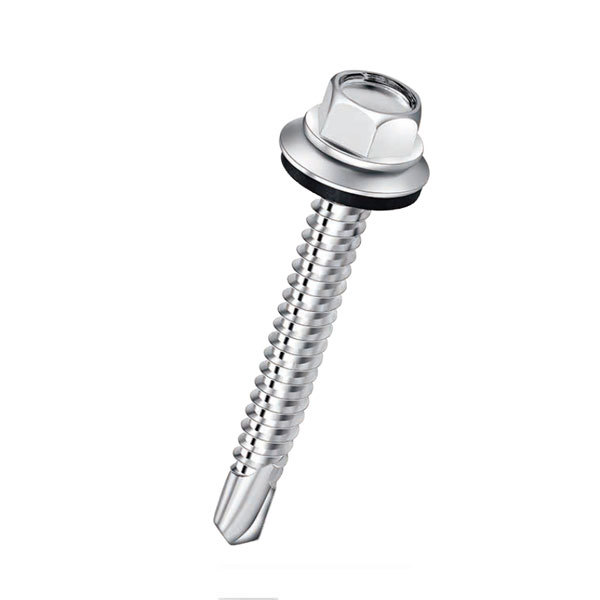Coarse vs Fine Thread Drywall Screws for Export Markets Explained
Understanding Drywall Screw Coarse vs. Fine Thread
When it comes to drywall installation, choosing the right type of screws is crucial for a successful project. Two common types of drywall screws are coarse thread screws and fine thread screws. Each type has its specific applications, advantages, and considerations that should be understood by builders, contractors, and DIY enthusiasts alike.
What Are Drywall Screws?
Drywall screws are specialized fasteners designed for securing drywall sheets to wooden or metal studs. They are characterized by a sharp point, a bugle-shaped head, and a thread pattern that allows for easy insertion and a secure hold within the drywall.
Coarse Thread Screws
Coarse thread screws, as the name suggests, have thicker threads that are spaced further apart. This design makes them particularly effective for use with wood. The advantages of coarse thread screws include
1. Superior Grip in Wood The larger threads provide extra bite and grip into soft or medium wood materials found in stud framing. This is crucial when securing drywall because a strong hold is necessary to prevent sagging or popping.
2. Faster Installation Due to their design, coarse thread screws tend to drive in quicker than their fine-thread counterparts. This can save significant time on larger drywall projects.
3. Resistance to Pull-Out Coarse threads offer better resistance to pull-out forces, making them ideal for hanging heavier drywall sheets or additional materials.
However, coarse thread screws may not be the best option on metal studs, where they can strip out more easily, leading to ineffective hold and potential failure of the installation
.Fine Thread Screws
drywall screw coarse vs fine thread exporters

Fine thread screws feature closer-set, thinner threads and are primarily used with metal studs. Some notable advantages of fine thread screws include
1. Precision and Strength The tightly spaced threads allow for a tighter fit, which can be particularly useful in metal applications. This provides a robust securement that minimizes movement.
2. Less Likely to Strip When used in metal studs, fine thread screws are less likely to strip, ensuring long-lasting durability and strength in the mounting.
3. Smoother Insertion Fine threads reduce friction during insertion, making it easier to drive them in, which is especially useful when working with tougher materials.
While fine thread screws hold advantages in metal applications, they are generally not as effective in wood. The smaller threads can struggle to gain the necessary grip in softer woods, thus not providing the desired hold for drywall installation.
Choosing the Right Screw
The choice between coarse-thread and fine-thread screws boils down to the material being used for framing and the type of drywall installation required
- Use Coarse Thread Screws for Wood Studs If the framework is primarily wood, coarse thread screws are the way to go for their grip and speed of installation.
- Use Fine Thread Screws for Metal Studs For metal framing, fine threads provide the necessary strength and prevent stripping, ensuring a secure and professional finish.
Conclusion
In conclusion, both coarse and fine thread drywall screws play vital roles in the installation process, and understanding their differences can make a significant impact on the final result of your project. By selecting the appropriate screw type based on the substrate, you can ensure a sturdy and long-lasting drywall installation. The efficiency, durability, and overall quality of your work depend on this seemingly simple decision, revealing that even the smallest details matter in construction.
-
Top Choices for Plasterboard FixingNewsDec.26,2024
-
The Versatility of Specialty WashersNewsDec.26,2024
-
Secure Your ProjectsNewsDec.26,2024
-
Essential Screws for Chipboard Flooring ProjectsNewsDec.26,2024
-
Choosing the Right Drywall ScrewsNewsDec.26,2024
-
Black Phosphate Screws for Superior PerformanceNewsDec.26,2024
-
The Versatile Choice of Nylon Flat Washers for Your NeedsNewsDec.18,2024










